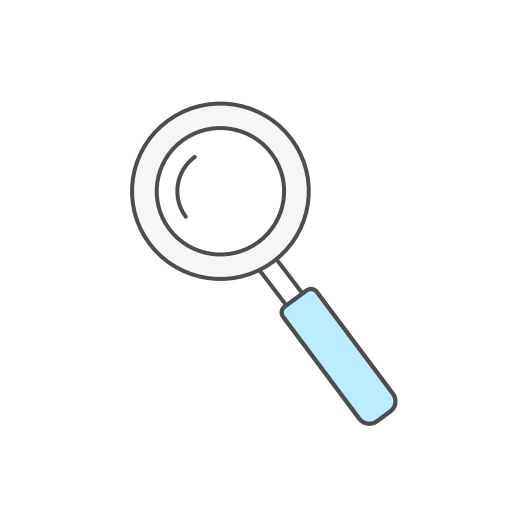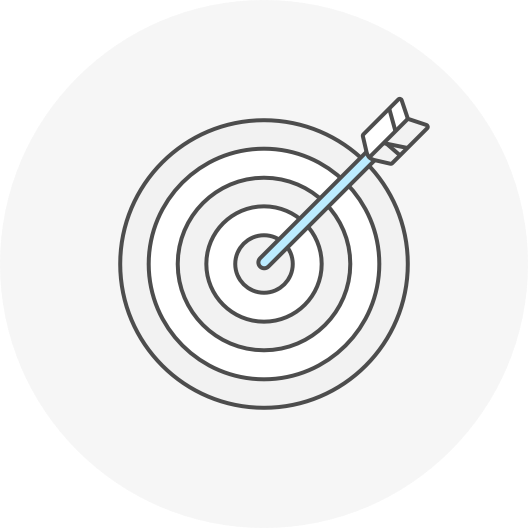The project “Real-time Analytics and Prognostic Health Monitoring” (RTAPHM) is a joint project within the framework of the German Federal Aviation Research Programme (LuFo V-3). Linova works together with other industrial partners, research institutes and universities on the realisation of a digital platform for the provision of novel services in the field of unmanned aerial vehicles (UAVs). The project is based on a visionary application case, targeting the UAV-supported transport of transplantable organs directly between hospitals. Organs are currently transported throughout Europe from donor to recipient via a chain of various transport modalities, both over land and/or in the air. This requires a huge logistical effort and high costs for the different transport routes.
In future, organs could be transported directly between hospitals by air alone using autonomous/semi-autonomous drones. Such a scenario requires much less logistical effort, lowers costs and opens up new possibilities for quality assurance through telemetry data during flight (e.g. temperature). The project focuses on the automation processes of a digital platform: automatic provision of resilient diagnostic and forecasting information of the resources, development of a cloud-based infrastructure and software architecture based on it, design and implementation of applications/access points for employers/end customers as well as platform operators.

Challenges
The project is in its nascent phase, which means there are challenging organisational and technical issues between which smooth transitions must be found. From an organisational point of view, the partners need to agree on the fundamental business / technical conditions and requirements of the programme. Purely on the technical side of the challenges lies the joint system modelling and the interface designs, under the premise of realising a system that is as real-time and automated as possible.

Resolution method
In order for all partners to have as concrete a goal as possible in mind, the network initially agreed on one primary application – the transport of organs directly between hospitals via drone. This application case offers a realistic chance to achieve its commercial potential and is within the scope of what is currently feasible technically. Based on this application case, the requirements for the digital platform are set down and the system architecture is defined. Following a short validation phase based on alternative application cases (e.g. first responder drone), the implementation work will begin with the goal of a demonstrator to showcase the potential of the digital service platform.
Technologies
Java, Vaadin, C, C++, Matlab/Simulink, Docker, Kubernetes